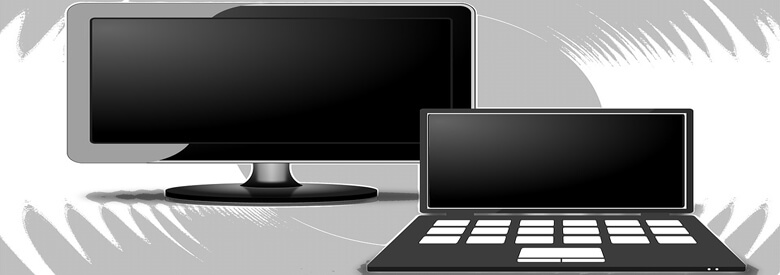The Digital Millennium Copyright Act (DMCA) is a United States copyright law specifically to protect online content copyright. A DMCA notice can be issued by anyone who believes their content has been stolen, and their copyright violated.
On receiving a Digital Millennium Copyright Act (DMCA) Notice, the only way to handle the situation from getting worse is to deal with it promptly and calmly.
removing the content is first step even if you believe you didn’t steal it, you must remove it. Until you can confirm ownership and get the situation settled, removing the content in question will protect you from any further action from either the person claiming to own the content, or from your Internet Service Provider (ISP).
Try to confirm ownership of the content in question.
It’s highly likely that anyone who issues a DMCA notice to you will also issue that notice to your ISP. Upon receiving that notice, your ISP is required by law to notify you that they’ve received it, and to provide you with a copy of it. The notice should contain some important information:
- Contact information for the complainant
- Information about the works in question
- Information about the original works
You can try to contact the complainant to explain the situation. It may be a misunderstanding, and the complainant may retract the DMCA notice.
However, if the complainant responds badly, or if it seems it won’t be possible to work things out reasonably, you may file a counter-notice. A valid counter-notice must:
- The notice mus be in writing
- Duly signed by you.
- Identify the content you removed, and where it appeared before removal.
- Contain a statement of good faith, made under penatly of perjury, that you believe the content in question was published and/or removed as the result of an error or misunderstanding.
- Contain your contact information, including your name, address, phone number.
- Include a statement that you consent to the jurisdiction of the Federal District Court for your judicial district.
Upon receiving your counter-notice, the complainant then has two options—retract their notice, or file a copyright lawsuit. Hope for the first option, but be prepared for the second. The possibility of a lawsuit is there.










